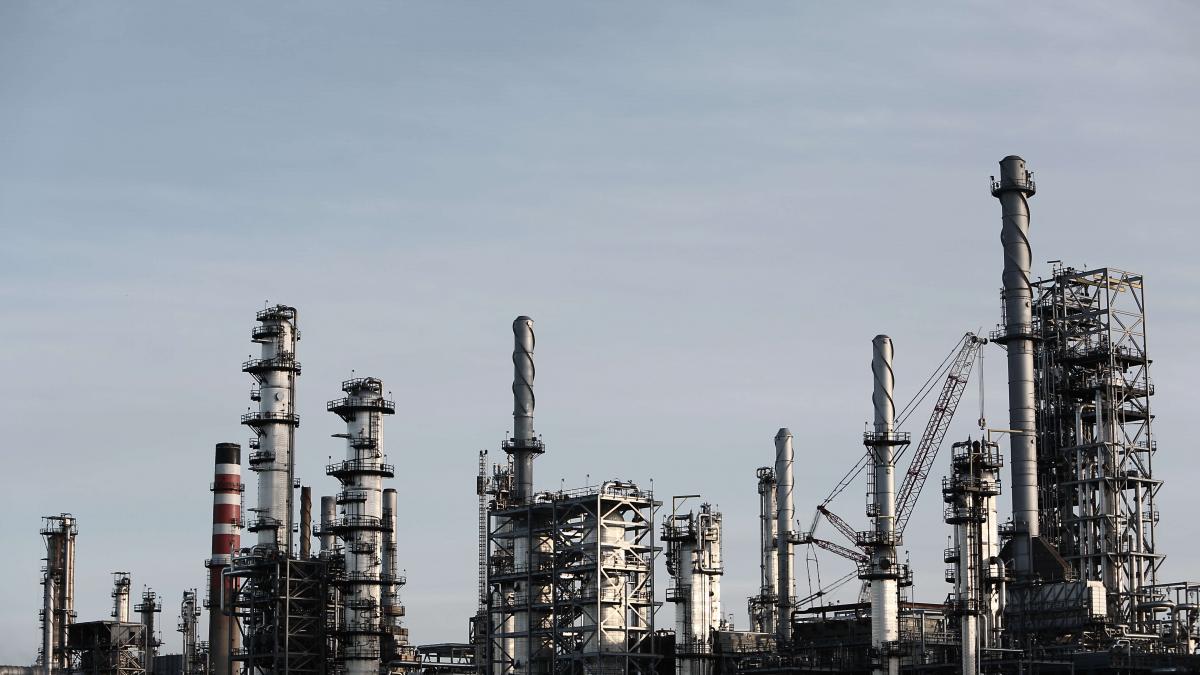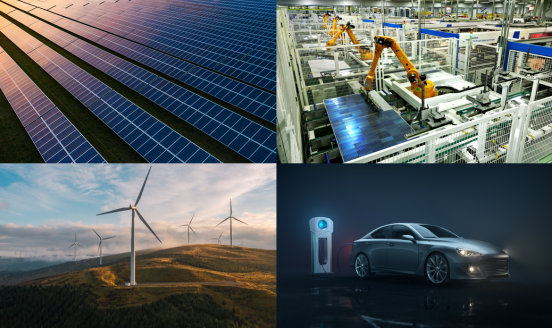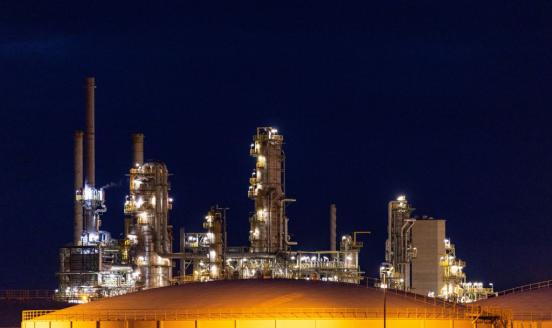Towards EU-MENA Shared Prosperity
Endowed with half of the world’s known oil and gas reserves, the Middle East and North Africa (MENA) region has become a cornerstone of the global ene

This book was prepared in collaboration with OCP Policy Centre
Endowed with half of the world’s known oil and gas reserves, the Middle East and North Africa (MENA) region became – particularly during the second half of the twentieth century – a cornerstone of the global energy architecture (Yergin, 1991, 2011; Maugeri, 2006). This architecture is currently undergoing a structural transformation, prompted by two different forces: decarbonisation policies and technological developments.
The adoption and quick entry into force of the Paris Agreement (UNFCCC, 2015) marked a major step forward in global efforts to address global warming (IEA, 2016a). For the first time, developed and developing countries committed to act in order to limit global average temperature increase to well below 2°C, and to pursue efforts to further limit this to 1.5°C above pre-industrial levels. This should reinforce strong decarbonisation measures already being undertaken in different parts of the world, such as in Europe.
Meanwhile, technological advancements have significantly increased the cost-competitiveness of low-carbon technologies such as solar and wind power generation, power storage technologies and electric vehicles (IEA, 2016b; IRENA, 2017). This has already started to reshape the global energy system, notably by giving a greater role to solar and wind in the power generation mix. Global energy outlooks (BP, 2017; EIA, 2017; IEA, 2016a) generally see these trends as continuing in the future. Some outlooks even see these trends further accelerating, leading to a peak in global oil demand in the 2020s (BNEF, 2016; Carbon Tracker, 2017; WEC, 2016).
By transforming the global energy architecture, international decarbonisation policies and technological advancements could have an impact on the world’s key oil and gas producing regions, such as the MENA.
Surprisingly, the energy literature presents no comprehensive analysis of the potential impact of the global energy transformation on this region. This paper seeks to fill this gap by investigating the following research question: are MENA oil-exporting countries equipped to prosper in times of global decarbonisation?
We begin with an analysis of the macroeconomic context of the MENA region, showing the persistent over-reliance of MENA oil exporters on the oil rent. The political economy factors standing behind the lack of economic diversification in these countries are then analysed, particularly through the analytical lens of the Rentier State Theory (RST).
By proposing a scenario-based analysis, we then illustrate the potential impact of global decarbonisation on MENA oil exporters. This allows us to illustrate the incompatibility of current MENA oil exporters’ macroeconomic models with a global decarbonisation pathway consistent with the Paris Agreement. Finally, we argue that MENA oil exporters should consider economic diversification as a structural pathway to be pursued in order to ensure their future economic and political stability, even in a decarbonising world.



